Smiling Prince of Victoria
Even in these authoritarian times, life can still be unpredictable. I was in Melbourne recently and, for reasons not worth explaining here (lest I incriminate myself), thought it prudent to be tested for Covid, even though I knew I didn’t have the virus. So I went to the local testing facility. The queue was long and slow, snaking from the front door, down the side of the building and along a filthy laneway behind a row of shops. So before joining the queue, I popped into a nearby bookstore and bought a copy of Machiavelli’s The Prince, which I’ve been meaning to read for years, to help pass the time.
When I joined the back of the queue, I found myself standing next to a perfectly good office chair that one of the shops had discarded because its armrests were broken. I flung the arms into a garbage bin, assumed a comfortable position and started reading. By the time the queue shuffled forward, more people had joined behind me, and everyone else in the queue was looking at me enviously for having done the obvious. I wasn’t about to give up my seat to anyone, so simply wheeled it with me. I abandoned it near the front door of the clinic two hours later. My point is this: when he wrote The Prince in the 16th century, could Machiavelli have envisaged it would one day be read by someone wheeling an office chair along a laneway while waiting with eighty or so people to have swabs shoved up their noses in the middle of a fake global pandemic?
But while my individual circumstance was impossible for Machiavelli to envisage, the overall scenario fitted his view of humanity like a petty health officer’s hand in a latex glove. Ideally, a leader should be both feared and loved, he wrote, but such emotions are difficult to inspire at the same time. If you need to choose one, choose fear. Looking at the timid, submissive people around me, it was clear that Victorian Premier Daniel Andrews, backed by his army of belligerent police officers, had become Australia’s most feared leader. But, thanks to his stoic adherence to policies that he keeps reminding his minions are for their own good, he is also among the most loved, as repeated polls have found. Machiavelli would be deeply impressed.
Visiting Melbourne reminds me of a passage in another classic book. In Man’s Search for Meaning, Auschwitz survivor Victor Frankl recounts the confusion that he and his fellow prisoners felt when they returned to their home towns at the end of the war. None of their former friends and neighbours were interested in, let alone able to understand, what they had just been through. It cruelly compounded the horror and deprivation they had endured. I imagine their despondency was similar to that of Victorians these days, whose expressions of numb resignation, even now after Dan has graciously allowed them out of their homes, are alien to anybody who spent 2020 in relative freedom everywhere else in Australia. But there’s a difference. Generally speaking, the inmates of Auschwitz didn’t vote for Hitler.
Melbourne’s status as one of the world’s most ‘liveable’ cities had always seemed exaggerated. Outside the footy season, there’s not much to do there. Its main year-round attraction is its stylish and sophisticated cafes, restaurants and bars. Dan didn’t hesitate to kybosh that. But even now that they’ve reopened, some of them still haven’t broken free of Dan’s stranglehold.
My girlfriend, who is one of Victoria’s minority of defiant malcontents, takes me down one of Melbourne’s famous laneways to a door that looks like the inconspicuous tradesman’s entrance to a hotel.
But it’s not. It’s the front door to what looks, once inside, like a chic, dimly lit 1920s speakeasy. This is the kind of thing that Melbourne does well: bars full of stylish locals hidden down alleyways like a secret underworld of hedonists. Serendipitously discovering these delights is, according to Victoria’s own tourism advertising, the main reason to visit Melbourne. It doesn’t take long for me to realise what a facade this is.
The maitre d’, dressed in a sharp black suit, is wearing a matching face mask that might have been designed by Gucci. The waiting staff, scurrying from one booth to another in the background, are similarly muzzled, as are some of the patrons.
The maitre d’ tells us the place is half-full, which in these locked-down times means it’s at full capacity. I look for a sign that anybody in the bar – staff or patron – resents these restrictions as contrary to Melbourne’s famous nocturnal extravagance, that they wished this bar was like it used to be before Dan’s dictates, jammed full with cultivated cocktail quaffers smiling flirtatiously at their collective good style and luck. But no. The place is strangely quiet, and the atmosphere reminds me of a wake. Even the fashionably elite have succumbed to the ‘new normal’. We find another chic cocktail lounge that has a spare table on a cold outdoor terrace. But being rudely told to wear a mask for the short walk to the table spoils the mood for us, and we stay for only one drink.
Melbourne isn’t alone in all this madness, of course, but it is alone in having not much else going for it now that its bars and restaurants are reduced from sybaritic citadels to morbid reminders of Dan Andrews’ perverse idea of the good life. At least West Australians and Queenslanders have had sunshine and beaches to enjoy while they endured less oppressive restrictions.
It is unlikely that Dan will lose the state election next year, which means this Machiavellian rule will continue for at least another six years. The smart people are leaving. The state under Andrews can boast of a record net loss of almost 4,000 people in the September quarter. But even that conforms to the playbook. Leaders become great only when they overcome their enemies, Machiavelli wrote. And a ‘wise’ leader will foster such enemies so that by crushing them (or forcing them to flee the state), ‘his renown may rise higher’.
I imagine Dan sees all those people leaving Victoria and, beneath his mask, secretly smiles.
Got something to add? Join the discussion and comment below.
Get 10 issues for just $10
Subscribe to The Spectator Australia today for the next 10 magazine issues, plus full online access, for just $10.
You might disagree with half of it, but you’ll enjoy reading all of it. Try your first month for free, then just $2 a week for the remainder of your first year.

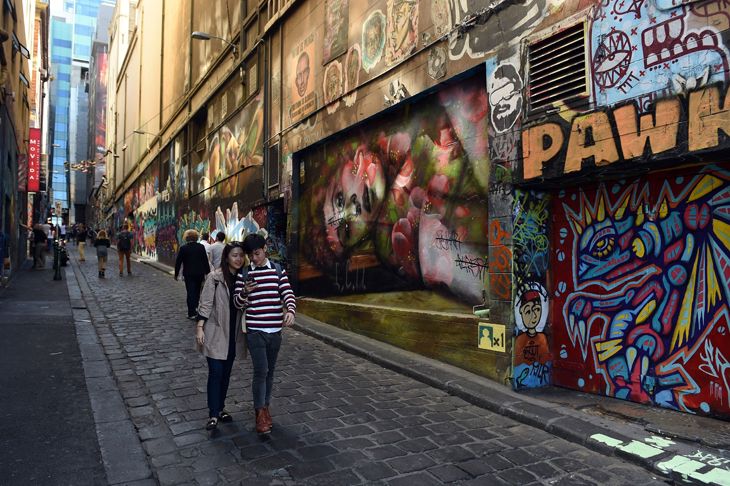
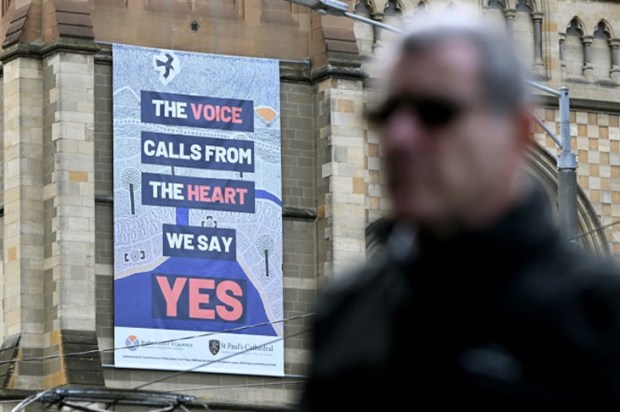
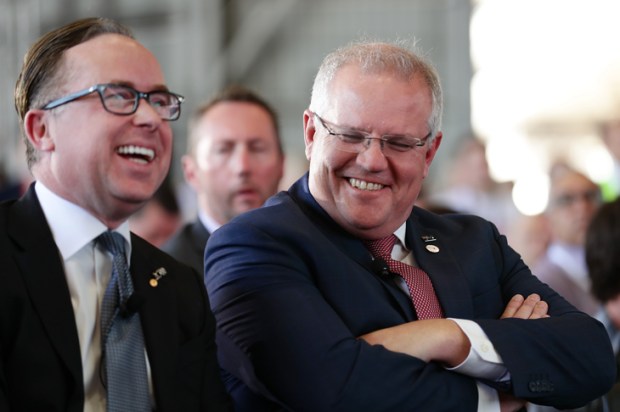
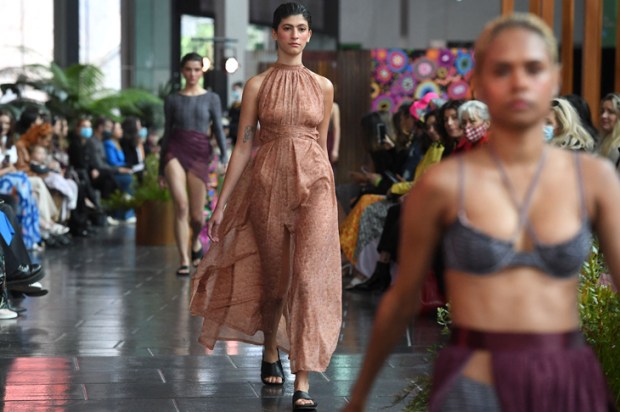
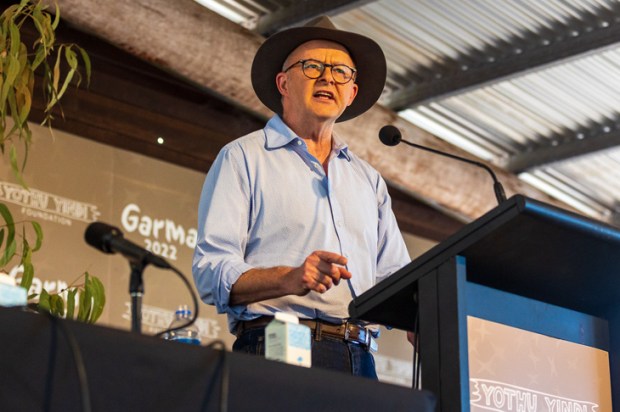

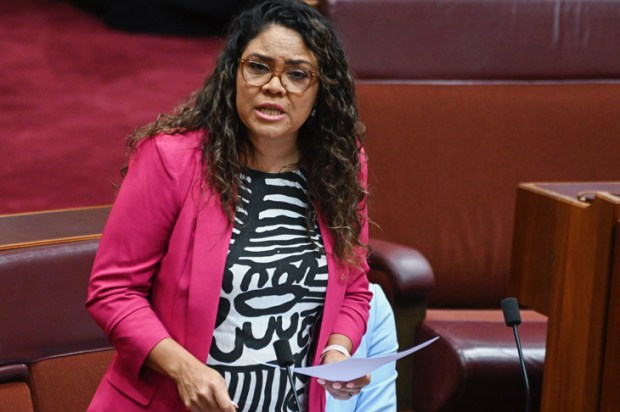






Comments
Don't miss out
Join the conversation with other Spectator Australia readers. Subscribe to leave a comment.
SUBSCRIBEAlready a subscriber? Log in